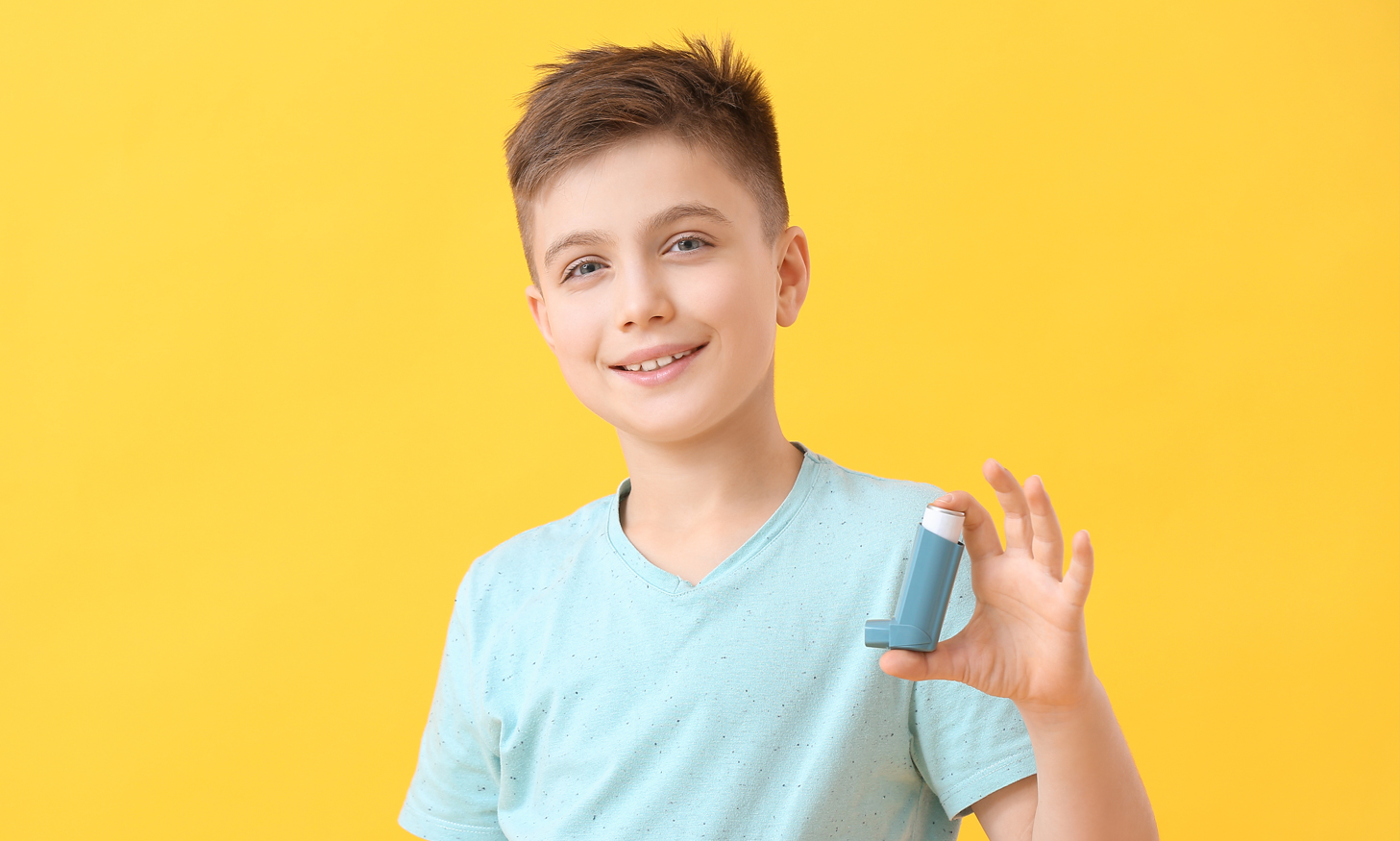
Immunotherapy
Allergies interrupt your life. And when the source of your allergies is something you love — like a family pet or the great outdoors — it can sometimes feel like your allergies are getting in the way of the life you want.
Allergy medications can manage symptoms for many people, but they can become less effective over time or cause undesirable side effects, especially steroidal medications.
Unlike medications, immunotherapy treatment addresses the actual cause of your allergy symptoms — the immune system response that gets triggered by environmental allergens such as pollen, pet dander, mold, and dust. By exposing you to gradually increasing amounts of allergens, immunotherapy can safely train your immune system to tolerate those substances without reacting.

How does allergen immunotherapy work?
After your allergist has tested you to determine which environmental allergens cause your allergies, they will tailor a serum made from your individual allergens, then begin exposing you to them beginning at safe, low dose. Over time, the dose is increased, and you will begin to be able to tolerate larger amounts of the allergens.
Immunotherapy can be administered as allergy shots or as sublingual drops. Both methods are safe and effective, and both must be maintained consistently for 3-5 years.
Allergy shots
Allergy shots require two phases — a build-up phase and a maintenance phase.
During the build-up phase, patients choose either a traditional or accelerated course, also called RUSH immunotherapy. The injections are given at one of our Hudson Allergy locations. The injection itself takes only minutes, and we ask that patients wait in the office for a period of time to ensure you don’t experience any adverse reactions.
With the traditional version, patients are given weekly injections in the build-up phase, and your allergist will gently increase the dose of allergen serum. Once a patient has built up a tolerance to the maximum dose, they can reduce the frequency of shots to once per month. This maintenance phase continues for 3-5 years.
For busy patients who may find it difficult to schedule a weekly office visit, we offer an accelerated course called RUSH immunotherapy.
By concentrating multiple doses into one day, patients can significantly shorten the build-up phase of treatment, with most patients getting to high dose injections within three weeks.
The risk of having a severe reaction to allergy shots is extremely low. Most patients experience a little redness or itching at the injection site, which can be treated with topical or oral allergy medications.

Sublingual immunotherapy drops
Sublingual drops are an alternative immunotherapy option for patients who prefer not to have regular injections. Good candidates for sublingual immunotherapy include children, as well as people who can’t easily get to weekly appointments or people with a serious fear of needles.
Sublingual therapy can be safely self-administered at home in the form of drops that you place under your tongue. A relatively new treatment approach in the U.S., sublingual immunotherapy has been popular across the globe for many years.
The drops contain a very low dose of the environmental allergen serum and help to desensitize the immune system very slowly over time. The drops must be taken daily for about 3-5 years. A single missed dose is no cause for alarm, but consistent treatment is the most effective. Many patients begin to notice an improvement within three to six months.
If you’re interested in learning more about how immunotherapy could treat your environmental allergies, please give us a call to make an appointment today.


